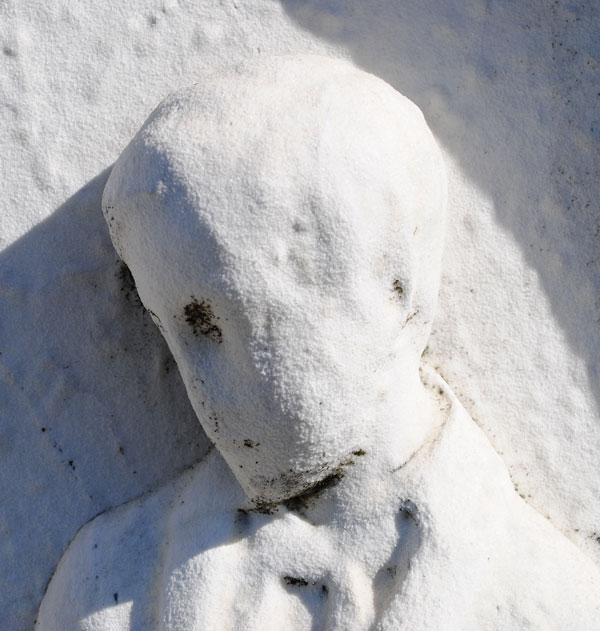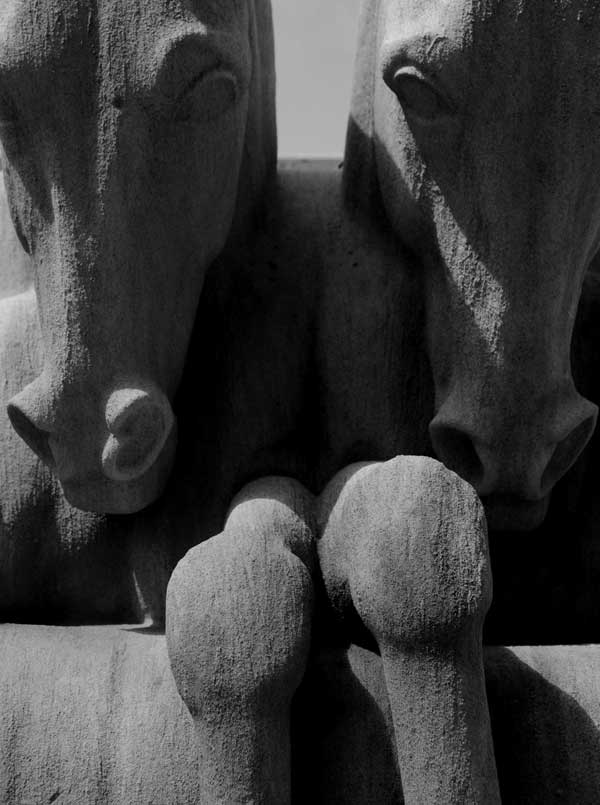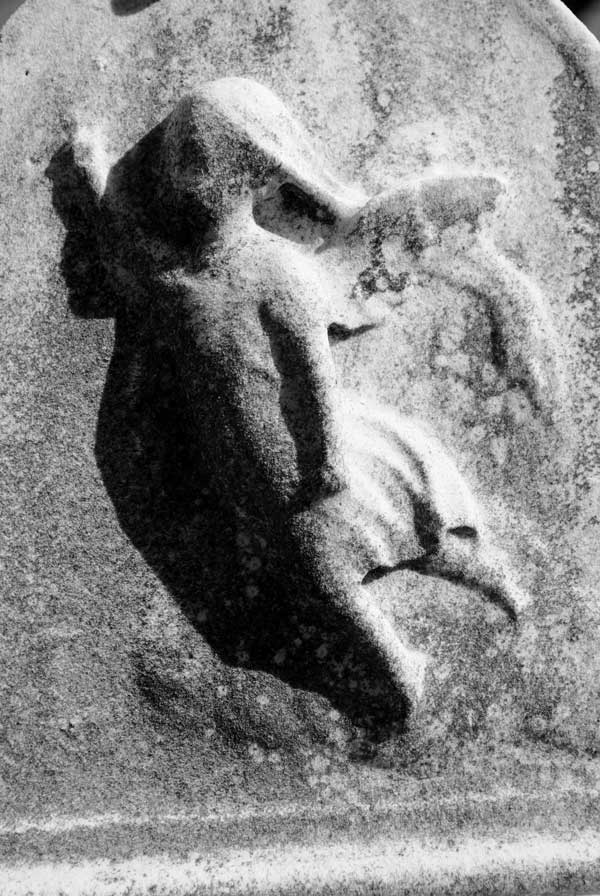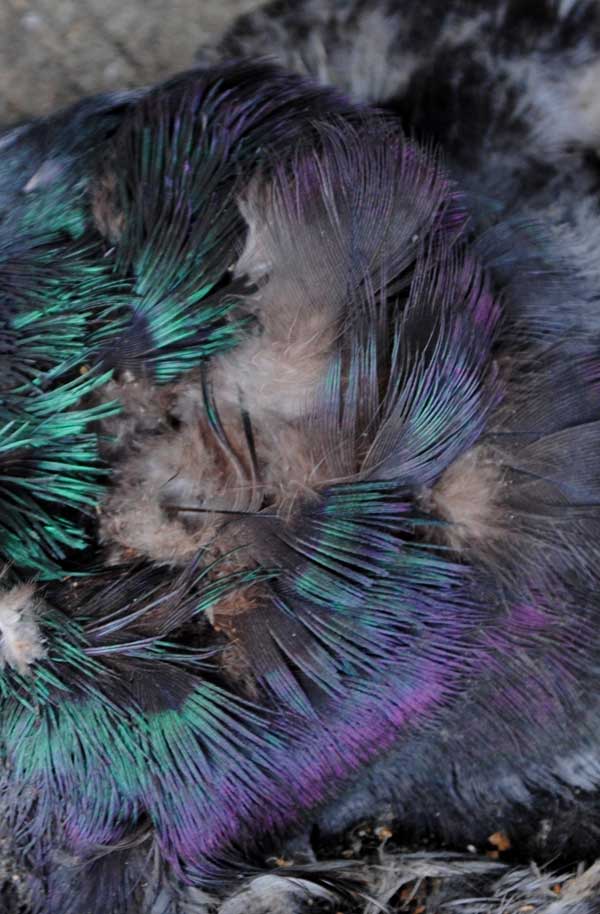An apology is an expression of regret at having hurt someone. But it is also the opposite: a formal defense of one’s actions or beliefs. The concept is afflicted with “fence sickness,” to borrow a symptom from Marni Ludwig: decisively indecisive, divided to the point of infirmity. Her “Apologizer” makes that autoimmunity visible, the sonnet’s indented center a damaged mirror. The effect is to render doubling contagious, from “chow chow” to “pompom.” The phrase where the poem fissures, “In the past,” is also repeated—but what could history signify, when invoked by a stutterer who never dies? Biologically impossible, a “year-round chrysanthemum” opens the metaphysical impasse of deathlessness. And yet: ciao, ciao, she takes her leave, quitting the room of the poem. After all, the root of apology is apo-, “away.” Is she rueful, this orphaned Persephone, or righteous?
Ludwig’s poems wince and flex with internecine ambivalence, the conundrums of a self with only “injury for company.” Rarely does she stop gnawing at Dickinson’s zero-sum question, “But since Myself—assault Me— / How have I peace / Except by subjugating / Consciousness?” Rapt and recursive as its title suggests, Pinwheel, Ludwig’s first book, is like “trapping lightning in a mason jar,” as she writes in a lyric announcing her death. Cosmic wrath—that erotic erratic—meets a modest modernity made in the U.S.A. Thieves and liars, anesthetists and familiar strangers, are the riffraff she runs with, weirdly beautiful. They haunt clinics and gardens and sinister ceremonies, where secrecy is the currency, along with greed, fear, blindness, shame—and a shameful lack thereof. Hers is a lush and dodgy world, where we are “happy / to be home, yes, but mostly no.”
Troubled that contemporary poetry fails to address how violence—particularly toward women—is too often an abject element of sexual relations in our society, Ludwig has turned to obliquely dramatizing social ills. At the same time, she wants to affirm that sex is central to our being. She believes, with humility and humor, that “we are primarily products / of the slutty parts of the mind” and that if the heart has reasons off-limits to reason, then the brain can also feel things, maybe even fuck. These are love poems, the hard way: they make alibis, concessions, mistakes, but rarely the rent. They straiten and tick, then sashay back, their sonic work to ricochet, to keep the crazy from coming unstuck. A lurid pallor hangs over their polished frame: hush like a rush of air before the glass has already cracked.
—Andrew Zawacki
When listening is a feeling as when in swallowing
studies the swallower shows she is an expert
on the ward she is dripping strawberry ice cream
on the old subject of winter she is now fucking two
of the risk no more fear of white of not making
as a lampshade she is on the third floor knitting
lick the ditches of her arms and touch her hair.
I am a woman in line, so I apologize.
To every man and his right hand,
to the violin and its coffin. Let me be
the first in my family to order
the surgery: dogs and eggs and eyes.

The wish is to vanish. Always
there is the problem of not enough
of deflection. Desire can’t be located
of hands. I told you feeling
but I was thin and I was lying.
inseparable from the body, a watery feeling
like inhaling the ocean or listening
for silence at the blue stem of a wrist.
I knew love once, he couldn’t make a living.
He liked music for the way it left itself
alone. In the aquarium I kiss
the glass I tell the audience they’re wonderful.
I am swimming the old hotel
of sleep’s inner lining.

left was a seizure imminent
hammocks, bruiser of insteps,
I held my hand under a faucet.
& sleeping, singing birdie birdie

I believe a mouth is death, the falsetto
recognition. I strung a speaker
keyed and splendid. I looked
of an animal. I tied a blood bow.
I never knew you. Seeing was just
the concession that made this silence.

Photographs: Kristine Morfogen







